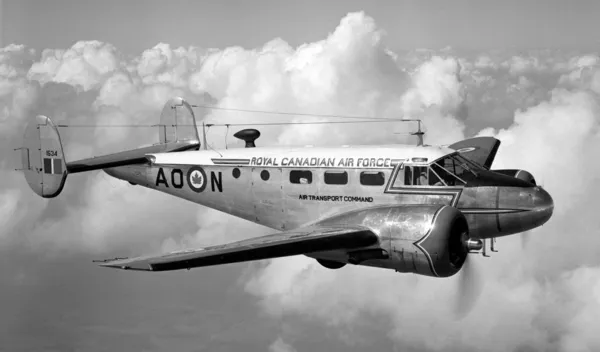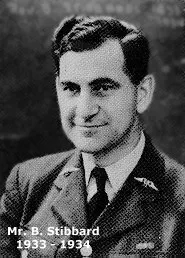Oppenheimer, Lawrence Edwin
Killed in Flying Accident 1954-10-10


Birth Date: 1929-December-04
Born: Winnipeg, Manitoba
Son of Jesse and Myrtle Oppenheimer of Winnipeg, Manitoba.
Home: Winnipeg, Manitoba
Enlistment: Vancouver, British Columbia
Enlistment Date: 1951-02-26
Service
RCAF
Unit
Base
Sea Island, RCAF Station
Rank
Flying Officer
Position
Flying Officer
Service Numbers
37745
Home
 Winnipeg, Manitoba
Winnipeg, Manitoba
Expeditor 2380
Beechcraft Expeditor

Beechcraft CT-128 Expeditor Mk. 3TM (Serial No. A-734), (Serial No. CA-134), RCAF (Serial No. 1534), coded AO-N, Air Transport Command.
The Beechcraft Model 18 (or "Twin Beech", as it is also known) is a 6- to 11-seat, twin-engined, low-wing, tailwheel light aircraft manufactured by the Beech Aircraft Corporation of Wichita, Kansas. Continuously produced from 1937 to November 1969 (over 32 years, a world record at the time), over 9,000 were built, making it one of the world's most widely used light aircraft. Sold worldwide as a civilian executive, utility, cargo aircraft, and passenger airliner on tailwheels, nosewheels, skis, or floats, it was also used as a military aircraft.
During and after World War II, over 4,500 Beech 18s were used in military service "“ as light transport, light bomber (for China), aircrew trainer (for bombing, navigation, and gunnery), photo-reconnaissance, and "mother ship" for target drones "“ including Royal Canadian Airforce (RCAF), United States Army Air Forces (USAAF) C-45 Expeditor, AT-7 Navigator, and AT-11 Kansan; and United States Navy (USN) UC-45J Navigator, SNB-1 Kansan, and others. In World War II, over 90% of USAAF bombardiers and navigators and pilots trained in these aircraft.
In the early postwar era, the Beech 18 was the pre-eminent "business aircraft" and "feeder airliner". Besides carrying passengers, its civilian uses have included aerial spraying, sterile insect release, fish stocking, dry-ice cloud seeding, aerial firefighting, air-mail delivery, ambulance service, numerous movie productions, skydiving, freight, weapon- and drug-smuggling, engine testbed, skywriting, banner towing, and stunt aircraft.Wikipedia
 Canadian Virtual War Memorial
Canadian Virtual War Memorial
 Expeditor
Expeditor Wikipedia Expeditor
Wikipedia Expeditor Harold A Skaarup Web Page
Harold A Skaarup Web Page